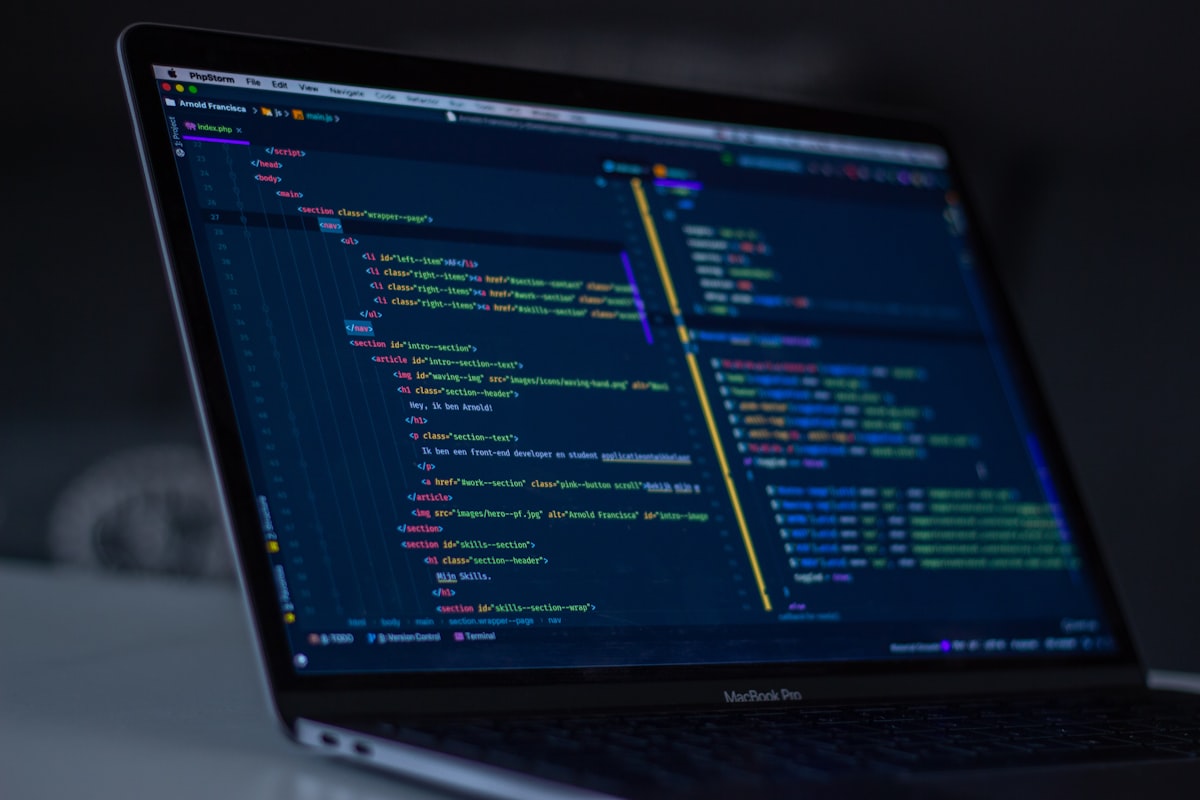
Generative AI and the Future of Human Creativity
As AI systems become increasingly capable of generating art, music, and literature, what does this mean for human creativity? This article explores the evolving relationship between AI tools and creative expression.

The rise of generative AI has sparked both wonder and concern in creative communities worldwide. These powerful systems can now generate images, music, text, and videos that rival human-created works in technical quality and sometimes even emotional resonance.
The Current State of Generative AI
Today's generative AI models have achieved remarkable capabilities:
- Image generators that can create photorealistic visuals or artistic stylizations from text descriptions
- Music composition tools that produce complete songs across various genres
- Text generators that write stories, articles, and poetry with coherent narratives
- Video synthesis systems that can animate still images or generate short clips from descriptions
- 3D model generators that create detailed objects and environments for gaming and design
These tools are rapidly moving from research labs to widespread availability, democratizing access to creative production tools.
AI as a Creative Partner
Rather than viewing AI as a replacement for human creativity, many artists are discovering its potential as a collaborative tool:
- Enabling rapid prototyping and iteration of ideas
- Generating unexpected variations that spark new creative directions
- Handling technical aspects so creators can focus on conceptual elements
- Making sophisticated creative tools accessible to beginners
- Overcoming creative blocks by suggesting alternative approaches
This human-AI collaboration model suggests a future where creative technologies enhance human expression rather than replace it.
Challenging Traditional Notions of Creativity
Generative AI is forcing us to reexamine fundamental questions about creativity:
- What makes a work "original" when AI can generate infinite variations?
- How do we attribute authorship in human-AI collaborations?
- Does the value of creative work lie in the output or the human intention behind it?
- What new creative skills become important in an AI-augmented creative landscape?
These philosophical questions have practical implications for copyright law, creative education, and cultural values.
Economic and Professional Impacts
The integration of AI into creative industries is creating both disruption and opportunity:
- Some routine creative tasks are becoming automated, changing job requirements
- New roles are emerging around prompt engineering and AI-assisted creation
- The marketplace is adapting to distinguish between AI-generated and human-created works
- Access to creative tools is democratizing, allowing more people to participate in creative industries
This transformation parallels previous technological shifts in creative fields, from photography's impact on painting to digital tools in music production.
The Human Element
Despite AI's impressive capabilities, uniquely human qualities continue to differentiate human creativity:
- Lived experiences that inform authentic artistic expression
- Cultural context and the ability to create meaningful commentary
- Intentionality and purpose behind creative choices
- The social and emotional connections formed through shared creative experiences
These elements suggest that human creativity will evolve alongside AI rather than be replaced by it.
Looking Forward
As generative AI continues to advance, we can anticipate several developments:
- More sophisticated creative interfaces that feel like natural extensions of human imagination
- New art forms that are specifically designed for human-AI collaboration
- Cultural movements that either embrace or reject AI involvement in creative processes
- Educational shifts that emphasize uniquely human creative skills
The relationship between AI and human creativity is not zero-sum. Rather than diminishing human creativity, AI tools have the potential to expand the creative landscape, enabling new forms of expression and making creative pursuits more accessible. The most exciting possibilities lie not in what AI can create alone, but in how it can extend and transform human creative potential.
